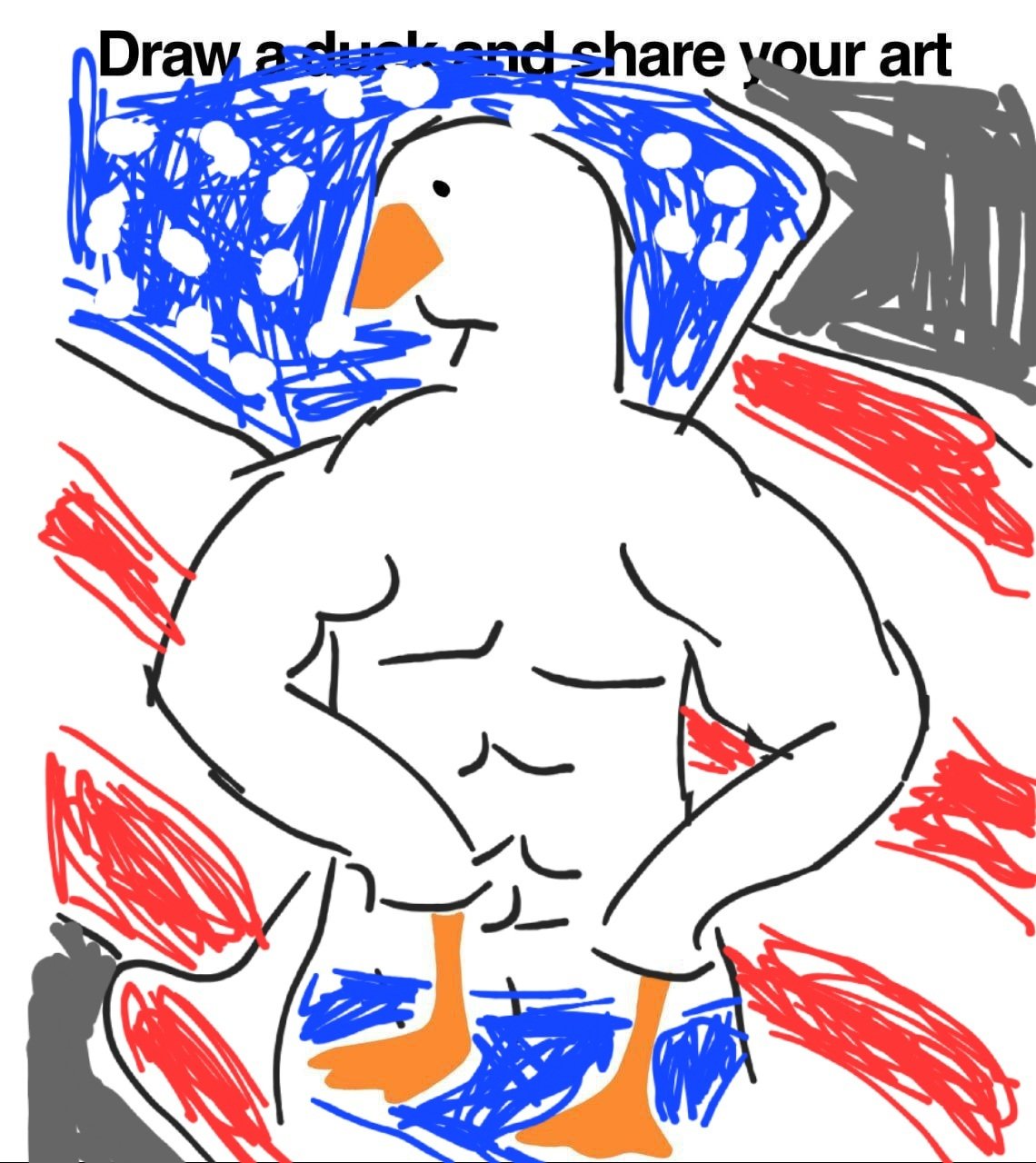

Found someone nice. It was sheer chance, really. Met with a new neighbor and she had a crush on me. Was friends for a while. Years later decided to get into a relationship with her.


Found someone nice. It was sheer chance, really. Met with a new neighbor and she had a crush on me. Was friends for a while. Years later decided to get into a relationship with her.
Pretty sure that’s the point. It’s bait


Enemy base looks inefficient and should be easily bottlenecked. Would recommend building a more efficient factory to counter his. Also, automate more pieces than just pawns - they might use a lot of red circuits, but you’ll need the reds later anyways so you might as well automate that
I get very suspicious if a paper samples multiple groups and still uses p. You would use q in that case, and the fact that they didn’t suggests that nothing came up positive.
Still, in my opinion it’s generally OK if they only use the screen as a starting point and do follow-up experiments afterwards
Well, we are pretty big for insects


Because the ones that we hear about are the ones that are good enough to have even made it out of Japan. If a game was bad, it wouldn’t be localized to an English-speaking audience, and we wouldn’t even know it exists.
It’s the same sort of thinking as asking why (insert media here) was better in the past. The answer is simple - good songs, games, movies, etc. tend to be more memorable, and so we remember the good ones and forget the bad ones. To put it briefly, there’s survivorship bias.


Patriotic duck
“is” is correct here, due to the implied nouns. “Data” in this case is an appositive and serves to describe the implied noun, “word.” And “plural” is an implied noun for “plural word”
You can see it most clearly if you fill in the implied nouns:
(the word) data is a plural (word)
It seems to be a per-school kind of thing. I am late millennial/early Gen Z, and my school had computer classes where we learned how to use Windows and Microsoft office, how to touch type, the meaning of computer terminology, and what the functionalities are of basic computer parts (eg, “CPU is the brain of the computer”). And later on we started learning how to use Photoshop and Illustrator.
I’m always surprised when I hear that other people don’t have that sort of in depth tech learning in their schools, and worse so, that some people don’t even have computer class. It just always felt like what we learned in computer class was an essential skill
Technology needs to be actively taught and actively learned! If their school isn’t teaching it, maybe try subscribing to some online tech literacy courses?
The hate jar has visible condensation. The moisture probably is driving the mold growth.


Also, she got second degree burns, and she was not the first person to be injured by the coffee, and McDonald’s was told multiple times that they served their coffee too hot.
During the trial, McDonald’s showed zero care for the the people they injured, to the point that most of the fine that McDonald’s ended up paying was punitive damages
You can’t outright, but you can at least try to minimize your exposure. Easiest way is to avoid buying products that use plastic packaging, especially if the product that you’re planning to buy is food. Don’t microwave plastics, even the supposedly “food safe” one - that releases a ton of microplastics into your food. Don’t order takeout - again, lots of plastic in the containers. Even paper food containers contain a plastic coating.
Don’t touch receipts, especially with wet hands. Or at minimum, wash your hands thoroughly after touching it


Looks like it’s carrying its babies on its back. That’s probably a wolf spider mom
I find that it’s best to use 65C for the bed temperature for the first couple of layers, and then drop the temperature to 50C. If you’re using Cura, there should be an option to do that, but you’ll need to dig through the advanced settings to find it. Doing this has completely solved warping for me (Ender 3 Pro v1 with PLA filament). My understanding is that it works because the temperature differential between the top and bottom layers causes a pulling force that causes the warping that you see. I think it’s something about the expansion of the plastic due to heat - as the plastic cools down, it shrinks, which pulls the layer below it upward. The wider the base, the stronger the pulling force. And the more layers you add, the more the pulling force compounds, until eventually the print warps.
The solution is simple - minimize the temperature differential. You really only need it to be hot on the initial layer, for the print to stick properly. And afterward you only need to maintain a temp that’s just hot enough that the print doesn’t pop off. Hence, 65C initial, 50C for everything else afterward
Probably less relevant, but I also find that adhesion improves if you have the printer go at half speed for the first couple of layers. Again, there should be a setting in Cura, but it’s in the advanced settings
I find that I can just use these 2 modifications and everything just works. No need for glue. I just dust off the bed when it gets dusty but beyond that, I don’t mess with it. Actually, the adhesion is quite strong. Even after the bed has cooled to room temperature, I have to exert a bit of force to pull the print off the bed


Strange, I seem to remember a 3rd GPU manufacturer, who competes with Nvidia and is significantly more entrenched in the GPU market space than Intel… I wonder what that could be…
Scientists can get really petty in peer review. They won’t be able to catch if the data was manipulated or faked, but they’ll be able to catch everything else. Things such as inconclusive or unconvincing data, wrongful assumptions, missing data that would complement and further prove the conclusion, or even trivial things such as a sentence being unclear.
It generally works as long as you can trust that the author isn’t dishonest


Haribo sugarless gummy bears have a strong laxative effect. I’d say that’s a pretty strong contender
“Acceptance pending minor edits”: Heart go extremely fast
Science is like going down a Wikipedia rabbit hole. There’s always more things to do and more things to check out. At some point you just have to draw the line and say that enough is enough. Other scientists are likely to ask why you stopped where you stopped, and so saying that “it’s outside the scope of the paper” is basically the nice way of saying that you stopped because you felt like it